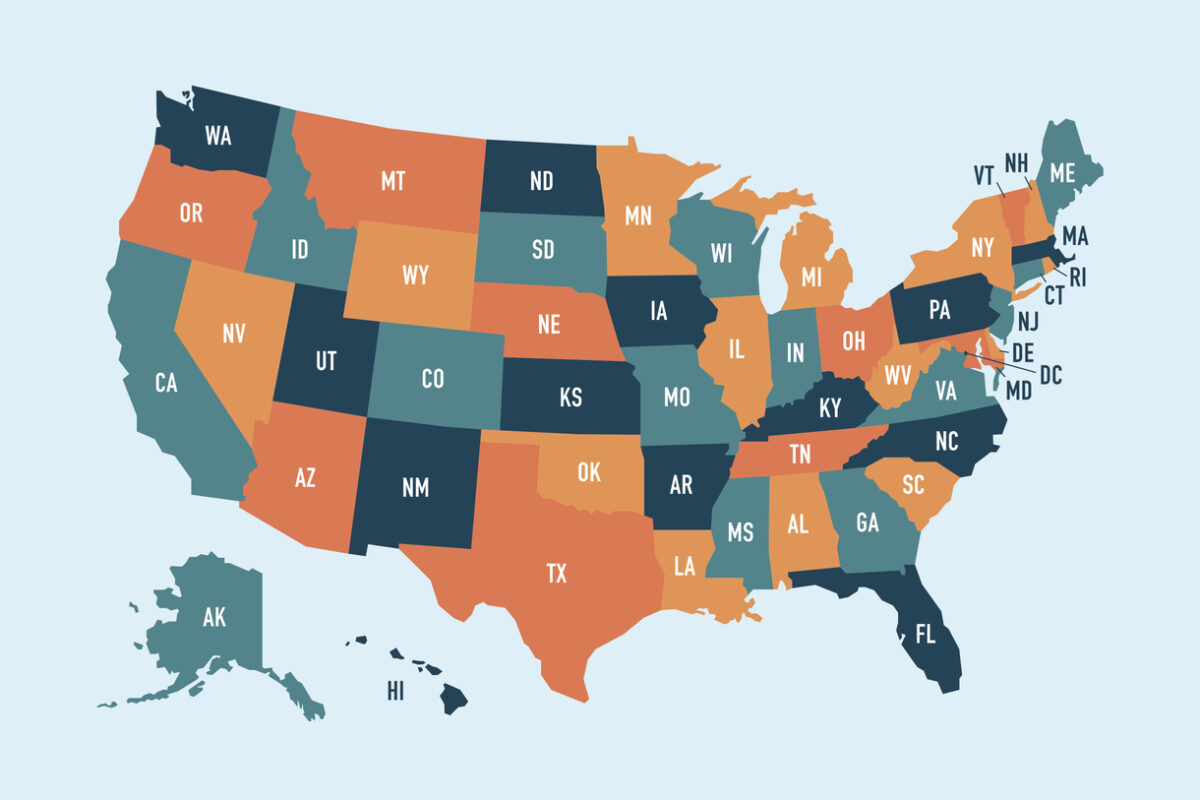Pathways to College Network Points to Social Supports and Self-Efficacy as Critical to Underrepresented Students’ College Access and Success
Published May 13, 2014
Washington, D.C., Nov. 9, 2010—The Pathways to College Network, directed by the Institute for Higher Education Policy (IHEP), and the National College Access Network (NCAN) released its latest "Research to Practice" brief, The Role of Social Supports and Self-Efficacy in College Success, to highlight the roles of social supports and self-efficacy in the postsecondary education success of underrepresented student groups, including minority and first-generation students. Written specifically for college access practitioners, the paper synthesizes scholarly research and offers recommendations focused on building and strengthening students’ social support structures through peers, faculty/staff, family, and the community.
The brief points to the much-researched concept of academic self-efficacy—“an individual’s perceived capability in performing the necessary tasks to achieve personal goals”—as playing a critical role in influencing the academic success of underrepresented students, particularly during their first year of college. It also lays out the connection between meeting national college completion goals and influencing retention through social supports. In addition, the paper provides expert commentary and advice from college access and success practitioners at Bottom Line, a nonprofit that aims to help students "get into college, graduate, and go far in life.”
“This brief offers relevant, scholarly research directly from the education community to help college access practitioners mitigate the problem of low college completion rates, especially among underrepresented student groups,” said IHEP President Michelle Asha Cooper, Ph.D. “With an increased national focus on postsecondary degree completion, understanding the role of social supports can be the key to providing college access practitioners with strategies to create comprehensive structures and increase self-efficacy, which in turn, improves student success."
In June 2009, the Pathways to College Network launched a national initiative to ensure that students’ needs for integrated academic and social support strategies are being addressed. The report, Removing Roadblocks to Rigor: Linking Academic and Social Supports to Ensure College Readiness and Success, was released to offer a broad definition of academic and social support aligned with rigor and focus on integrating a range of intentional strategies that enable students at all levels to successfully undertake challenging coursework.
Pathways to College Network is an alliance of national organizations that advance college opportunity for underserved students by raising public awareness, supporting innovative research, and promoting evidence-based policies and practices across the K-12 and higher education sectors. It promotes the use of research-based policies and practices, the development of new research that is both rigorous and actionable, and the alignment of efforts across middle school, high school, and higher education in order to promote college access and success for underserved students.
Incorporated in 1995, the mission of the NCAN is to build, strengthen, and empower communities committed to college access and success so that all students, especially those underrepresented in postsecondary education, can achieve their educational dreams. Through advising and financial assistance, NCAN members share a commitment to encourage and enable students to set and achieve educational goals. NCAN is a partner organization of the Pathways to College Network.
For more information about the Pathways to College Network, visit www.pathwaystocollege.net. For more information about IHEP and its other programmatic efforts helping to increase college access and success for underserved student populations, visit the organization’s Web site at www.ihep.org. Additional details about NCAN are available at www.collegeaccess.org.


